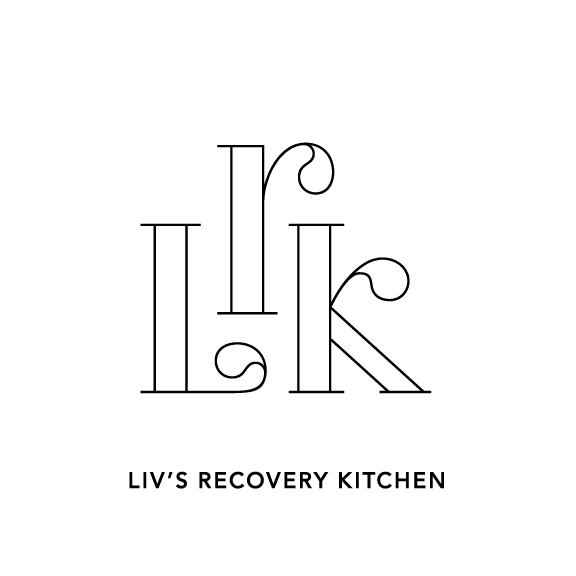Resources for the Families of Those Suffering with Addiction
Photo by Sandy Millar on Unsplash
Unfortunately, substance use disorder doesn’t affect just one type of person — it impacts people in all walks of life, and most of them have families.
It is a serious national public health problem affecting approximately 45 million families. Individually, 21 million people have a substance use disorder and 17 million have alcohol use disorder, and it has devastating consequences.
According to the Centers for Disease Control and Prevention, a staggering 64,000 people died from drug overdoses each year, and 88,000 died from alcohol-related causes.
Addiction is a family disease because it affects the whole family: it wreaks havoc in the household environment and in familial/romantic relationships. A family home that should be loving and nurturing can become stressful and confusing, where positive values are replaced with distrust, frustration, and resentment. It also places children at risk of developing issues with substance use, as well as mental and physical problems in their teens and later life.
We call addiction a disease because it is progressive and only continues to worsen over time if left untreated. But it doesn’t have to be that way. Over 23 million Americans live in long-term recovery and have successfully resolved a drug or alcohol problem. This does, however, require the family to seek recovery together.
How we can support loved ones with substance use disorder
We can support loved ones struggling with addiction — wherever they are in their recovery journey — in a number of ways:
Intervention. If the person refuses to seek help but is causing significant disruption within the family, and you fear for their safety and that of you and the family it might be helpful to arrange an intervention.
Understanding SUD. Learn about substance use disorder to better understand that it is a medical condition. If a person with SUD feels punished or shamed for their behavior it can push them away, even if you are trying to help.
Being supportive of recovery. Support a loved one’s decision to seek formal treatment, whether that is best achieved through a mutual-aid meeting or inpatient rehabilitation.
Make time for recovery. Be available to speak to family members when they are in treatment, by setting aside time for them and showing your support.
Seek your own recovery. Whether you realize it or not, you will also need help to recover while your loved one is seeking treatment. You may need help to create and enforce healthy boundaries, learn how to make your care a priority and how to put yourself first, and understand the role addiction plays in a relationship. That may be through professional therapeutic support, or through a mutual-aid program.
Work together as a family to support long-term recovery. This involves managing expectations, attending family therapy, sharing household tasks, allowing time for continued recovery activities, trying to do things together as a family like taking walks and eating a meal together, and trying to implement healthy routines like regular sleeping patterns and healthy eating.
Language matters. Be conscious of the language you use to describe substance use disorder. Refrain from using stigmatizing terms like “addict,” “alcoholic,” “clean,” and “relapse.” It’s best to use person-centered language. See below for a helpful guide
Information and resources
There are a lot of resources out there for families and partners of loved ones suffering with substance use disorders. It can be hard to differentiate between them, so we’ve categorized them into helpful sections:
Education & Information
The National Institute on Drug Abuse has provided helpful, easy-to-read drug facts. There is also a sister site specifically about alcohol and alcohol use disorder: NIAAA.
The Substance Abuse and Mental Health Services Administration also has a website with a library of free resources and publications, including pamphlets for families where addiction is present, information on family therapy, and what is involved in substance use disorder treatment.
For parents and teachers: American Academy of Child and Adolescent Psychiatry resource center and NIHA Parents and Educators Resources
For physicians and clinicians: American Academy of Child and Adolescent Psychiatry on substance use disorders, American Academy of Family Physicians on opioid use disorder, and the American Society of Addiction Medicine
Interventions
The most common interventions used by practitioners are ARISE and the Johnson model.
Online support groups
Facebook has a host of recovery support groups for families, including Voices to End Addiction & Inspire Recovery, FamilyRx, as well as online versions of mutual-aid meetings.
Helpful organizations
Recovery Community Organization (RCO): Faces & Voices of Recovery — they also have a list of RCOs, the Association of Recovery Community Organizations.
For parents with children struggling with addiction: Family Resource Center and Partnership for Drug-Free Kids
For information on mental illness: National Alliance on Mental Illness
Recovery housing: the National Alliance of Recovery Residences
The Association of Recovery in Higherhttps://collegiaterecovery.org/ Education
In-person support groups and information
For children and teens: Alateen
Finding treatment
NIAAA treatment locator for alcohol use disorder
SAMHSA treatment program locator for opioid use disorder
Mutual-aid support for the person suffering
If your loved one doesn’t go to treatment, or wants to supplement their therapy with a peer-based support group, they can go to any number of mutual-aid groups, including:
Recovery Dharma (a splinter group from Refuge Recovery)
There are also religious and culturally specific groups that individuals can attend, including:


